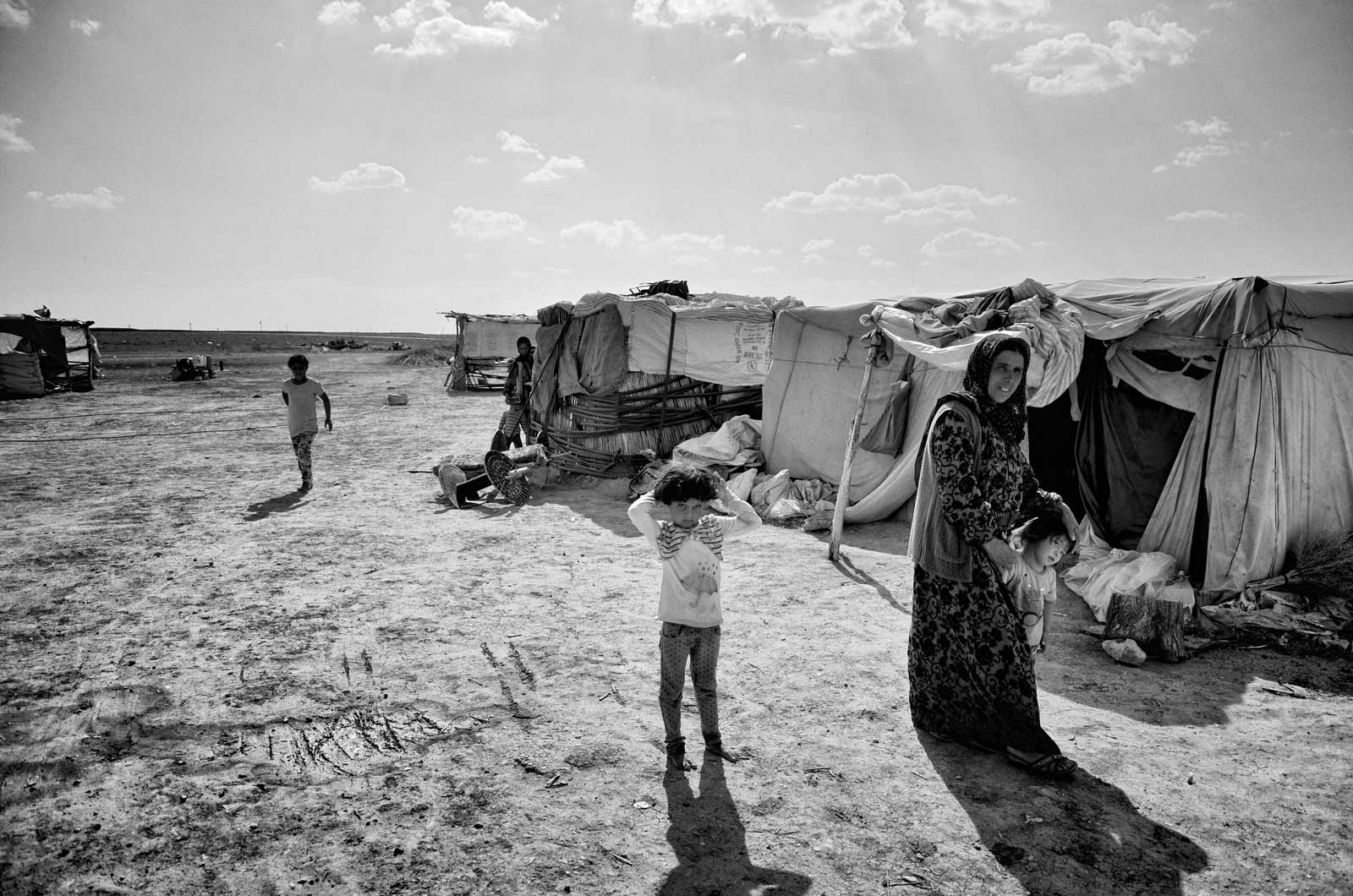
19 Aug The Imminent Afghan Refugee Crisis Merits a Cohesive Global Response
The Taliban’s resurgence since the US and NATO allies accelerated their troop withdrawals has been nothing less than blitzkrieg. In a matter of weeks, the Taliban have taken control of at least 345 administrative districts and captured most of Kabul as the world puzzles over the woeful ebbing of the Afghan government and military. With President Ashraf Ghani having fled the country, the Taliban will perhaps announce the formation of a new government soon enough.
As thousands try to escape the depredation and the Taliban’s insolence for basic human values, the nation is rapidly turning into a hotbed of a massive refugee crisis. In 2021, more than 400,000 Afghans have been forced to flee their homes with an estimated 30,000 fleeing each week by the end of July. As the looming humanitarian crisis swells, the call for a cohesive effort and resettlement programmes to help the situation is gaining ground globally.

Pictorial representation of indicative Afghan refugee population across regions
Source: UNHCR datasets, other media publications
Meanwhile, governments are scrambling to evacuate thousands of Afghans who have worked with them in different capacities in projects within the country. The US, under its Special Immigrant Visa (SIV) program, plans to bring 22,000 Afghans who will be temporarily housed in military bases. Kosovo and Albania have accepted an American request to temporarily host Afghan refugees enroute to the US. Canada has announced plans to bring in about 20,000 Afghan refugees. France has offered asylum to families of Afghan employees in its embassy, while Italy’s ‘Operation Aquila’ brought in 270 Afghan collaborators and their families and is currently evaluating another 400. The UK also plans to accelerate its five-year resettlement programme for Afghans who assisted the UK mission in the country.
But such efforts might just be too little in the face of this potential behemoth of a crisis. Historically, Pakistan and Iran have accommodated the bulk of all Afghan refugees – the third-largest displaced population in the world – with more than 1.4 million and 0.8 million documented Afghan refugees in the two countries respectively. However, the Pakistani premier has recently voiced his government’s reluctance to take in more Afghan refugees. Even Turkey, which hosts some 200,000 displaced Afghans, is stepping up efforts to obviate an influx. The EU, which is still scarred by the Syrian crisis of 2015-16 and the ensuing disputes on sharing that migrant burden, also appears to be on the same boat. For instance, Germany does not have a stance as open for the Afghans as it did for Syrian refugees, as several political leaders point towards the mistakes during the Syrian crisis.
The dichotomy lies in the fact that this impending crisis is inherently turning into an inescapable truth. Coupled with abysmally low Covid-19 vaccination rates in the country, the situation will likely have a strong healthcare impact too. And governments will need to do much more to avert a large-scale humanitarian disaster. France, Germany and the Netherlands have already decided to cancel deportations to Afghanistan – other countries would need to take the cue too. The US should extend its SIV programme to other vulnerable groups of Afghans, including children, humanitarian workers, journalists, and activists.
Despite all efforts to the contrary, several thousand Afghan refugees will continue to flee for their lives and eventually reach the borders of EU nations, the UK as well as US, Canada etc. – be it through the Turkey route, the Belarus route or other treacherous pathways. And unless governments globally can agree to respond with sweeping resettlement programmes, the Afghan refugee crisis might just turn out of hand.


kunal upadhyay
Posted at 22:28h, 19 AugustGood elaboration of current situation in Afgan crisis